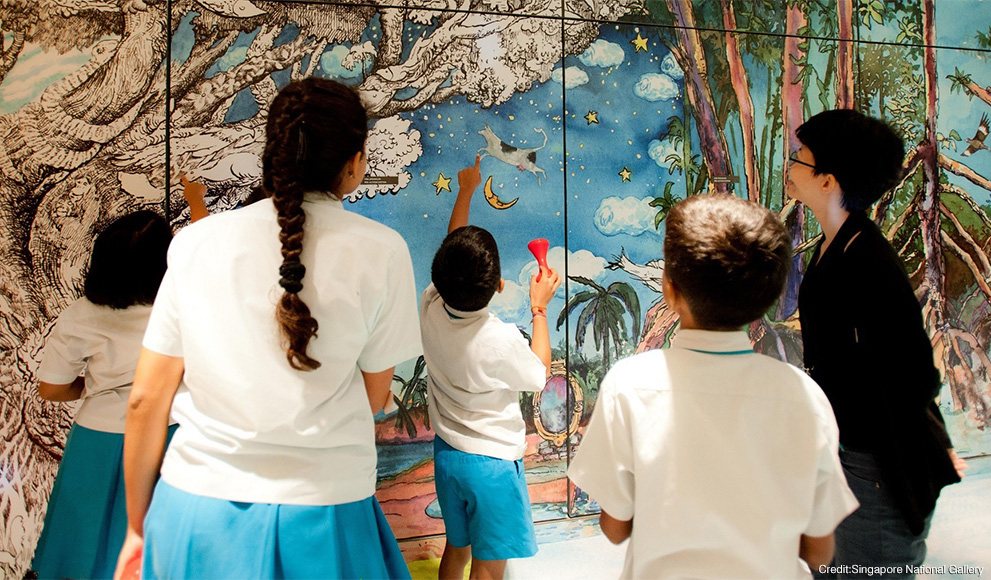Wellesley Professor Discusses Her Book on Museums and Globalization on BBC Radio Program

"We're living in a world on the move. One out of every seven people in the world today is either an internal or international voluntary [or] involuntary migrant," Peggy Levitt, professor of sociology and chair of the sociology department, recently said on the thought provoking BBC radio show Thinking Allowed. (Her segment begins at 11:50.) Levitt was the invited guest on the talk show to discuss globalization, nationalism and museums as cultural institutions---the topic of her book Artifacts of Allegiances: How Museums Put the Nation and the World on Display.
In our rapidly changing ‘world on the move’, Levitt argued that "museums have a role in sort of helping us...to imagine a different kind of world, different kinds of identities, and multiple identities, and then to help people get the skills and the values that they need to be able to be comfortable and engage with difference next door and across the world," she told host Laurie Taylor, who called her book "a vast undertaking." They were joined near the end of the broadcast by Julian Spalding, the art critic and writer, who praised the argument Levitt makes in her book. Host Taylor ended the program with Levitt's remarks above, noting, "That's a wonderful final statement [to conclude the discussion.]"
During the in-depth discussion, Levitt talked about how and to what extent different museums around the world reflected a message of nationalism through their collections. One example of a museum that is more global and less nationalistic in its strategy was the Museum of World Cultures in Gothenburg, Sweden. "Actually many of their exhibits [address topics such as] global trafficking and climate change." She explained this reflected the museum's idea that museums can "[help] you become a global citizen, and that eventually creates a stronger nation."
Levitt also painted a picture of the museums she has visited across the globe. "I was in Singapore last week, [where the country] just opened the Singapore National Gallery." Levitt explained how the Museum was "curating Southeast Asia." In other words, "Anyone who wants to know about Southeast Asian art, or buy it, or study it, has to come through Singapore." This approach, she said, uses the museum "both to create a nation, and say 'look, citizens, we have a strong culture that we should be proud of' and 'look business people, and [international visitors], this is an important country that can play on the global stage in its own ways, [in fact, create] its own stage.'"
Levitt said museums in the United States are less likely to talk about the nation than the world, because the United States has always very much thought of itself as reflecting globalization. She explained, "For many people, Americanization means globalization, so we don’t need to go outside to learn about the world."
She also argued museums need to address a more diverse audience so that what's inside their doors reflects the reality of the their communities. "If they don’t do this, museums…risk growing irrelevant in the twenty-first century."
The BBC interview is one of the most recent examples of how Levitt's work is influencing the discourse on the future of museums and the role they play as cultural institutions. She was also cited in an Agence France-Press article on how museums are increasingly incorporating TV shows into their exhibits. Levitt's insight can be found in the New York Times opinion pages and in the National Journal, where she wrote that "Museums Must Attract Diverse Visitors or Risk Irrelevance."
